In March 2021, 1.6 million Australians, or 7.9% of the population aged 16 and over, received JobSeeker, Youth Allowance or the Parenting Payment for people who are the primary carers of young children. Of all Australians living in poverty, 51% rely on government payments from Centrelink, also known as social security, as their main source of income. This includes people receiving the Aged Pension and Disability Support Pension.
In March 2020, as a response to the Covid-19 pandemic, the Australian Government briefly introduced the $550 Coronavirus Supplement for people who were receiving income support. Until then, the JobSeeker payment for people who are unemployed had not increased since 1994. Researchers at the Australian National University estimated that because of the temporary increase, poverty was reduced by 13% in this period. However, they also estimated that even more people, 3.5 million Australians would be in poverty after those payments went back to their previous rate.
Sacred Heart Mission staff noticed that many of our long-term regular clients stopped visiting our Dining Hall for meals during 2020 – but they returned in 2021. When asked, several clients said they no longer needed Sacred Heart Mission’s meals because they had enough money to manage during the period where they received the Coronavirus Supplement. But since the supplement had been removed, people returned to our services to access free and nutritious meals. $46 per day is simply not enough!

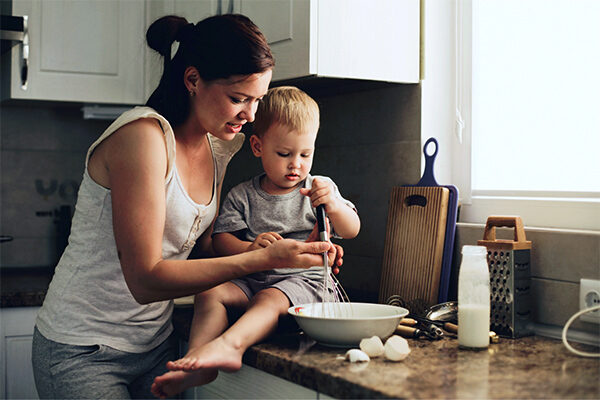

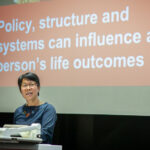
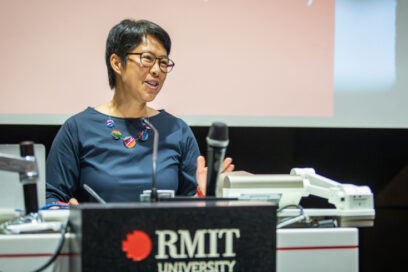
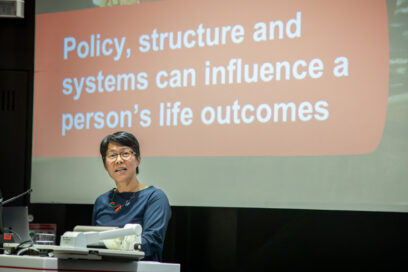
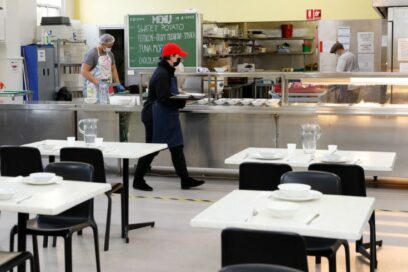
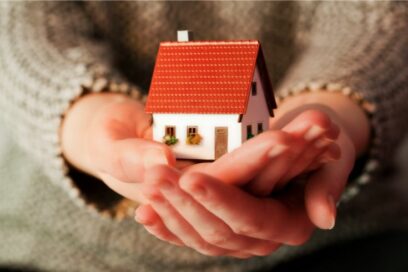
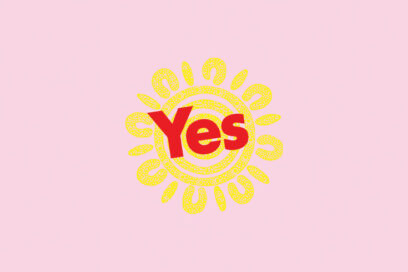
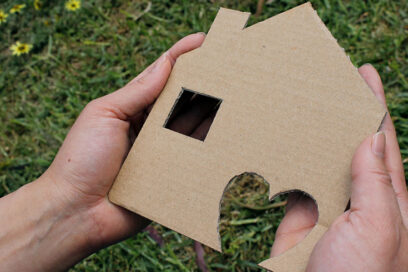
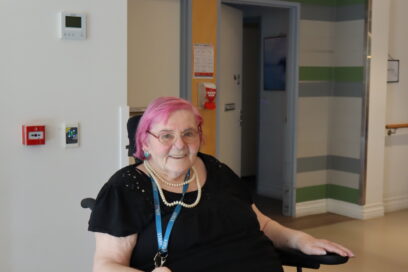
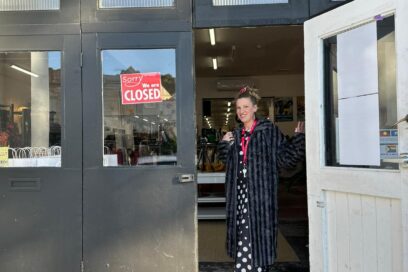
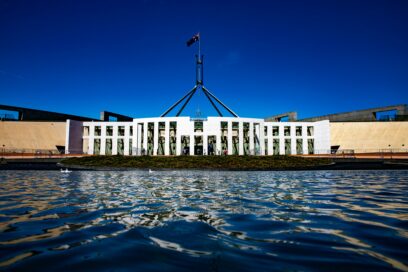
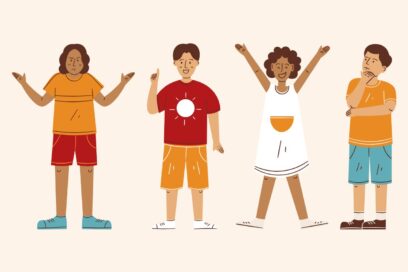

Social housing alleviates poverty
Building more social housing is the solution to our housing crisis and alleviating poverty. Social housing provides affordable rents, security and other supports that are not available to people in the private rental market. Currently there is a national shortage of 433,000 homes for people in the lowest 20% of household incomes. This group are at the highest risk of experiencing homelessness.
We must build more social housing – it is both the right and the smart thing to do. People cannot get back on their feet without a safe and affordable place to live.